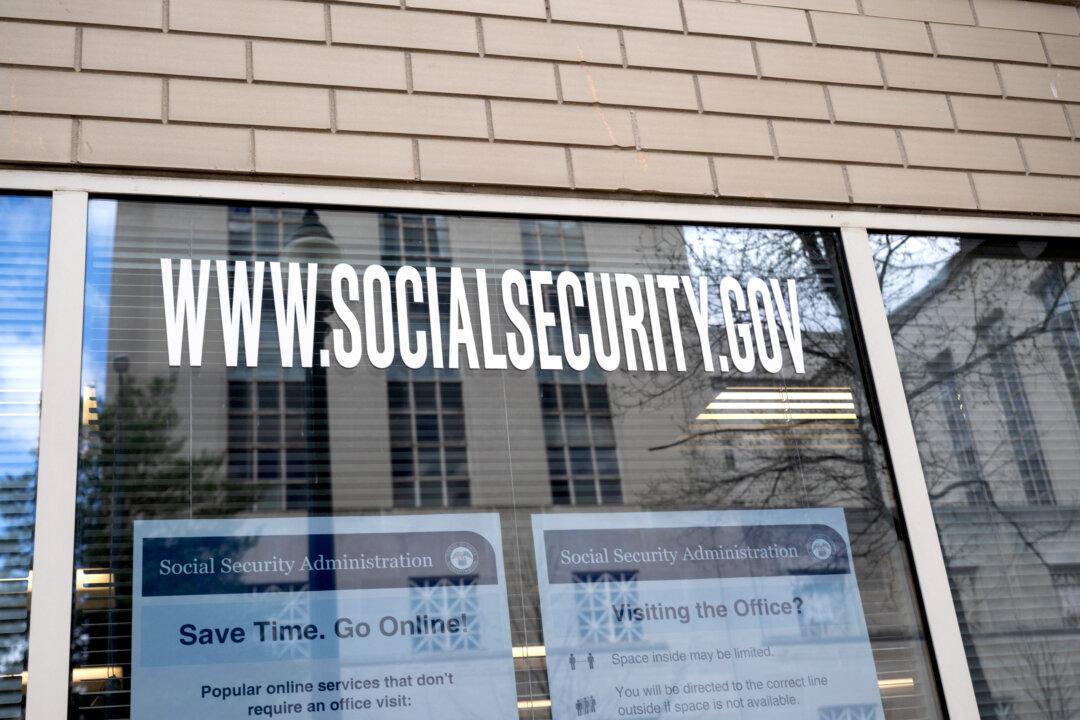A federal appeals court on April 30 said it would not lift the restrictions on the Department of Government Efficiency (DOGE) from accessing unredacted Social Security data of millions of Americans.
The 4th U.S. Circuit Court of Appeals’ full panel of judges voted 9-6 to keep U.S. District Judge Ellen Hollander’s previous preliminary injunction in place while DOGE proceeds with its appeal.





